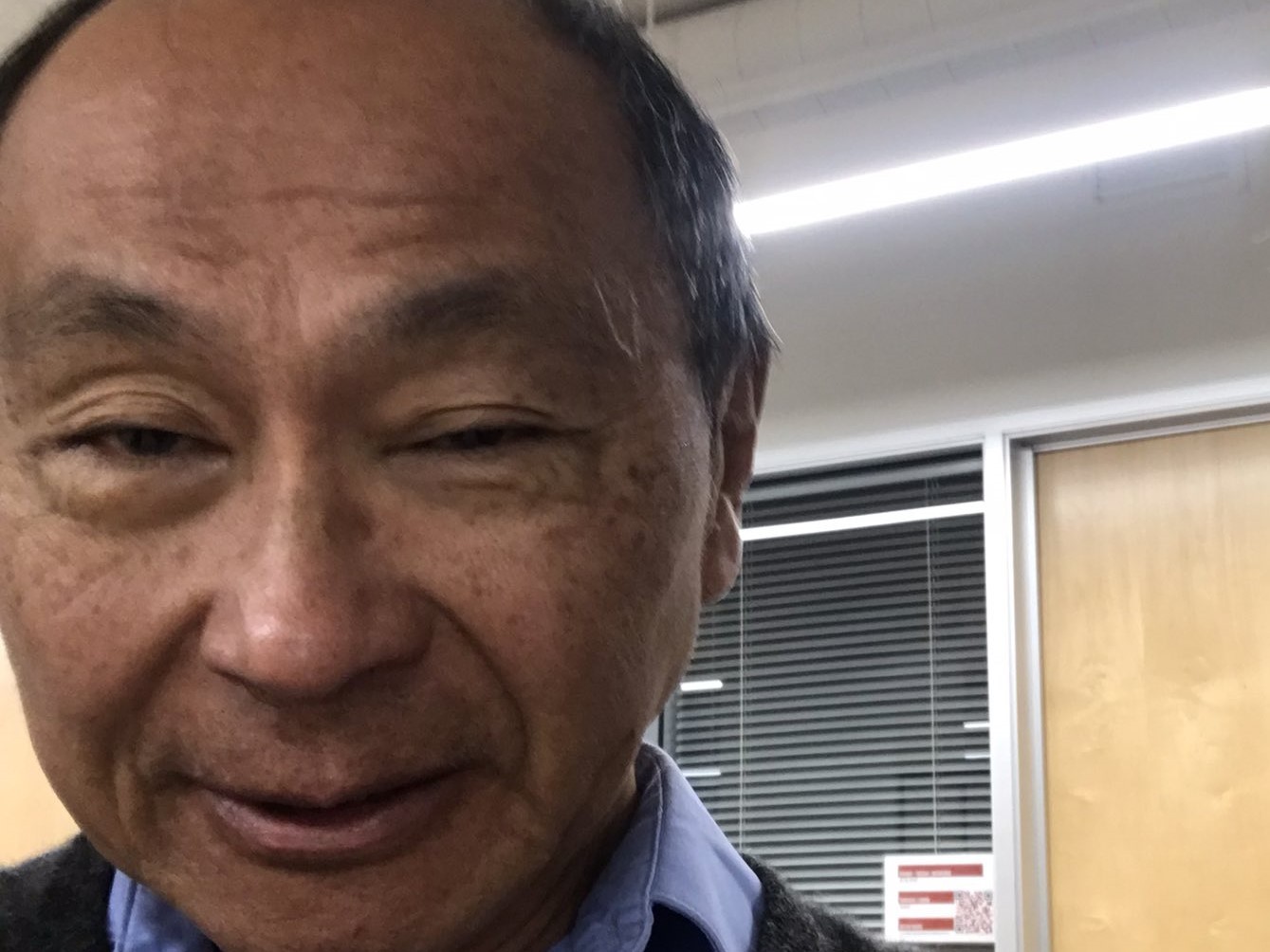
More than three decades ago, Francis Fukuyama received his first taste of world fame after publishing an essay titled "The End of History." The essay – which posited that Western-style liberal democracy not only was the victor of the Cold War, but marked the last ideological stage in the long march of history – was later published in Fukuyama's 1992 international hit book The End of History and the Last Man. At the time, he was one of the central figures of the neocons, a group of neoconservative thinkers who greatly influenced the mandates of President George W. Bush. Since then, he has written widely on issues in development, international politics, and inequality. In his latest book, Identity, which was published in 2019, he warns of the risk of identity politics.
On top of writing, Fukuyama currently serves as the Olivier Nomellini Senior Fellow at the Stanford Freeman Spogli Institute for International Studies and as the Director of the Ford Dorsey Master’s in International Policy program at Stanford. In addition, among other positions, he has been a Researcher at the RAND Corporation, a Professor at Johns Hopkins and George Mason, and the Deputy Director of Policy Planning at the U.S. Department of State.
Fukuyama, who earned his PhD at Harvard, began his university career by enrolling at Cornell University in 1970. However, it wasn't political science, but rather the classics, which enraptured the teenage Fukuyama. He was exceptionally literate and could read Attic Greek, French, Russian, and Latin. At Cornell, he also came into the orbit of Professor Allan Bloom, who went on to write the best-selling 1980s conservative assault on moral relativism, The Closing Of The American Mind. Furthermore, Fukuyama lived at the Telluride House and has been affiliated with the Telluride Association since his undergraduate years at Cornell. In 1974, he received his Bachelor of Arts in Classics from Cornell.
Fortunately for the Cornell community, Fukuyama's commitments at Stanford haven't kept him from returning on numerous occasions to give lectures at his alma mater. The decorated alumnus has said that giving these lectures is important because he wants to support the university. For example, in 2021, the celebrated public intellectual was chosen to be the first speaker at Cornell's fall lecture series, “The American State in a Multipolar World.” In his lecture, Fukuyama discussed the importance of international cooperation during moments of global crisis, such as the COVID-19 pandemic. Noting that the pandemic "produced a lot of conflict of itself, even on a national level," Fukuyama emphasized that during the next, inevitable global crisis, nations must work together collaboratively. “We should focus on fixing governance institutions at a national level," he said. "And we should do that as a matter of urgency."
